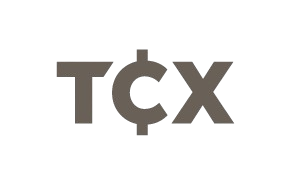Dominican Republic
The Dominican Republic’s central bank kept its key rate unchanged at 5.75% on Aug. 29, along with the overnight deposit rate at 4.50% and the 1-day repo at 6.25%. The Board noted headline inflation at 3.4% in July and core at 4.2%, both within the 4% ±1 band, and highlighted resilient fundamentals and stronger country risk metrics compared with peers.
